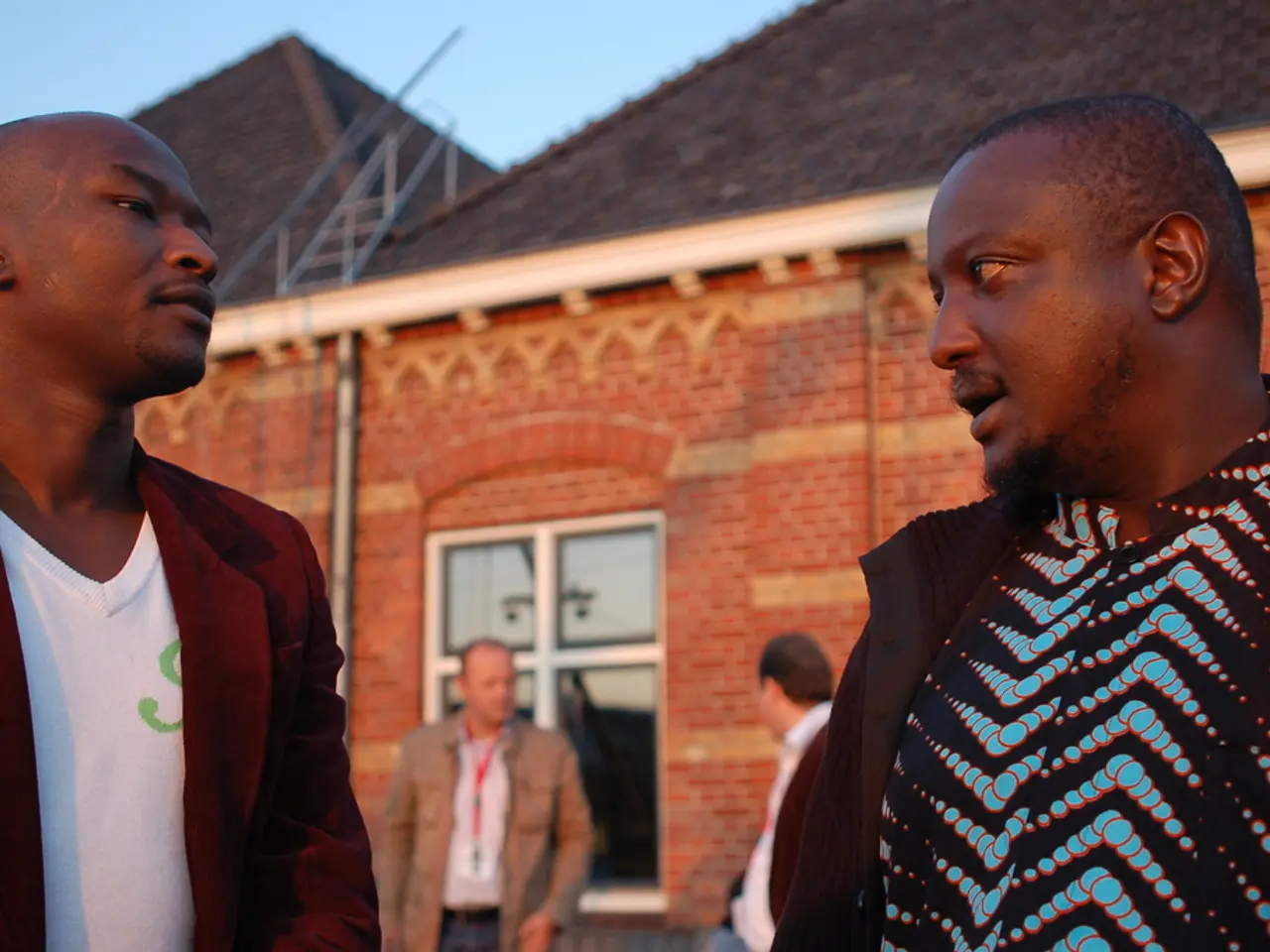Ghanaian Government Struggles Consistently With Cost-Effective Housing Initiatives
Affordable Housing Crisis in Ghana: A Persistent Challenge
Ghana is grappling with a significant housing deficit, with an estimated shortage of approximately 1.8 to 2 million units. This shortage has been exacerbated by rapid urbanization, high mortgage interest rates, inflation, and the high cost of building materials and land, making affordable housing a dream rather than a reality for many.
The government has taken steps to address this issue by initiating several affordable housing projects, one of which is the Asokore Mampong Affordable Housing Project, under the Social Security and National Insurance Trust (SSNIT). This project, located in Asokore Mampong, Ashanti region, consists of 91 apartment blocks and offers apartments priced between GHS 99,000 and GHS 335,000.
However, the concept of affordable housing remains elusive if efforts aren't quickly mobilized. Many tenants still have to pay up to two years of rent in advance, despite a 2020 government amendment to the Rent Act of 1963 that limits the advance rent deposit to six months.
The Gbetsile Affordable Housing Project, a Ghana-China collaboration, aims to construct 400 affordable housing structures on 43 acres of land in Gbetsile, Greater Accra region. Yet, many new housing developments in Accra are luxury apartments that are unaffordable for the majority of the population.
The challenges faced in providing affordable housing are not limited to Ghana. They are deeply rooted in economic, financial, regulatory, and urban planning factors. The government is responding through a combination of regulatory reform, innovative financing (including green finance), promotion of local building technologies, and inclusion policies to create sustainable, affordable housing solutions aligned with rapid urban growth and social equity imperatives.
Key challenges include financing access and high-interest rates, land and urban planning issues, and material and construction costs. Potential solutions within government policies and interventions focus on enhanced policy frameworks, innovative financing models, leveraging local materials and technology, and inclusive housing strategies.
Broad urban integration, where housing links with transport, jobs, and social amenities, is also emphasized to ensure holistic development and sustainability. Africa-wide commitments, including Ghana's participation, are focusing on systemic reforms drawing from local innovations and global best practices to substantially narrow the housing gap.
The government needs to review and revise its housing policies and strategies to ensure they are aligned with the needs and realities of low-income households. Reforming policies and institutions, improving land administration and management, and promoting alternative land tenure models such as community land trusts, leaseholds, and customary tenure are potential actions.
The government needs to strengthen its institutions and capacities to implement, monitor, and evaluate its interventions. The Amasaman Affordable Housing Project, funded by the United Nations Office for Project Service (UNOPS), is expected to produce 6,500 homes in Amasaman, a suburb of Accra. However, the first phase of this project has been embroiled in controversy and reportedly abandoned.
The solution to fixing the affordable housing issue in Ghana requires a comprehensive and coordinated approach that involves multiple stakeholders and addresses multiple dimensions of the problem. The government has a key role to play in providing the policy framework, institutional support, resource mobilization, and leadership for affordable housing provision.
Despite the challenges, there is hope. With a concerted effort from all stakeholders, Ghana can turn the tide and ensure that affordable housing becomes a reality rather than a myth for its citizens.
[1] World Bank Group. (2020). Ghana Affordable Housing Diagnostic: Addressing the Housing Deficit. [2] United Nations Human Settlements Programme (UN-Habitat). (2018). Ghana Housing Development Framework: A Review of the Current Housing Policy and Strategy. [3] African Development Bank. (2020). Affordable Housing in Africa: Promoting Inclusive and Sustainable Urbanization. [4] International Finance Corporation. (2019). Ghana Affordable Housing Diagnostic: Identifying Barriers and Opportunities. [5] National Homeownership Fund. (n.d.). Our Work. Retrieved from https://nationalhomeownershipfund.org/our-work/
Read also:
- Developing a Sales Strategy: Methods, Sample Plans, and Templates for Sales Plans
- Cooking Quantity of Beef Corresponds to Citizens' Salaries - Analysts Disclose
- Catastrophic blast at a US Steel facility in Pennsylvania causes 2 fatalities, inflicts injuries on 10 individuals
- Weekly developments in the German federal parliament, the Bundestag




